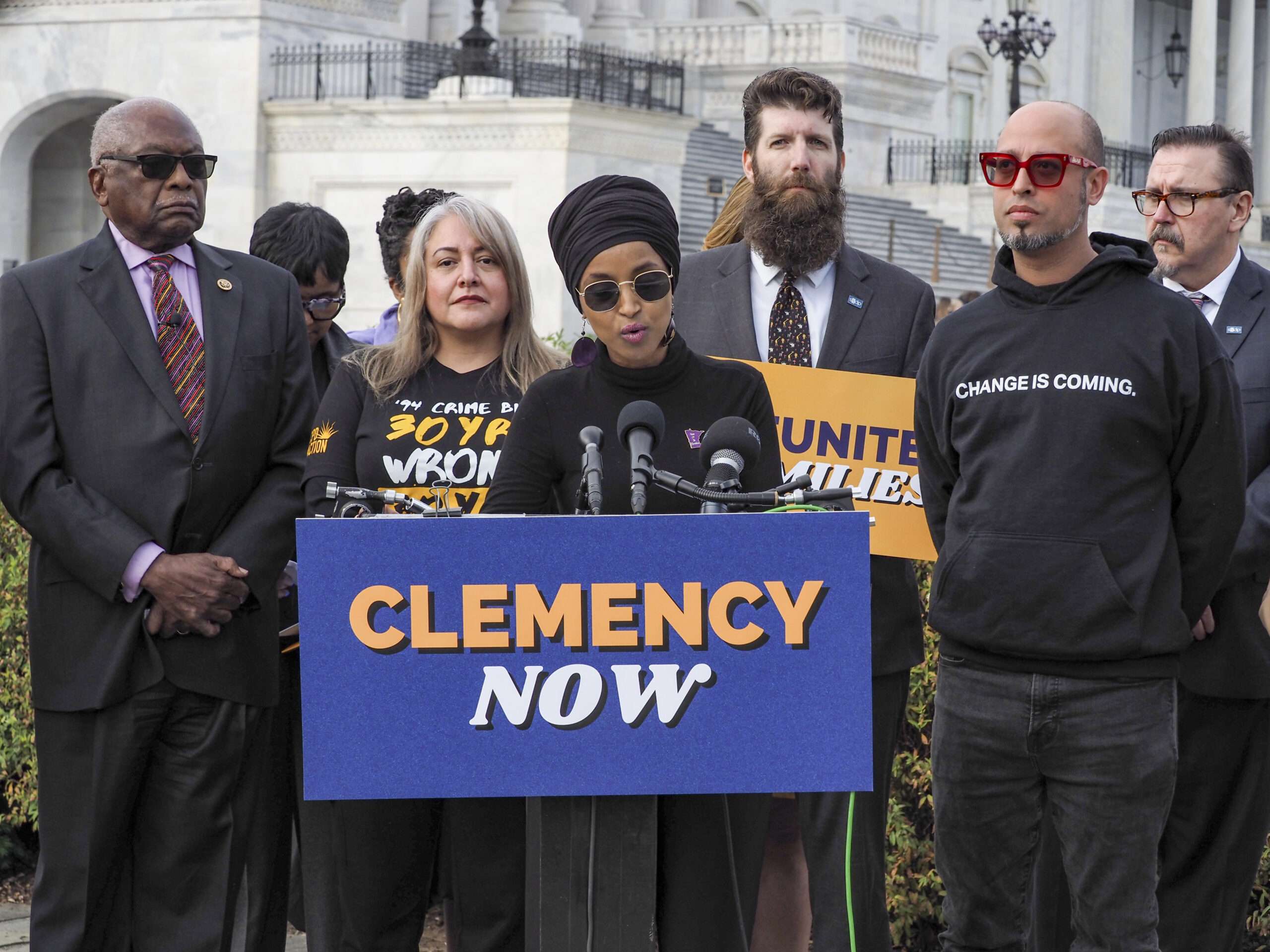Biden Faces Calls for Federal Death Row Clemency and Expanded Commutation Power After Son’s Pardon
President Biden faces mounting pressure to exercise his clemency powers broadly before leaving office, particularly after his recent pardon of his son, Hunter Biden. Advocacy groups, religious leaders, including Pope Francis, and even some legal experts are urging him to commute the sentences of various groups of federal prisoners, including those on death row, marijuana offenders, and women who experienced sexual assault in federal prisons. This call for clemency comes amidst criticism of Biden’s historically low pardon rate, the lowest of any modern president since Richard Nixon. His recent pardon of his son, while arguably within his presidential prerogative, has amplified calls for him to extend similar compassion to others deserving of a second chance. Critics argue that the selective application of clemency underscores a double standard and raises questions about fairness and equal access to justice within the system. The juxtaposition of the Hunter Biden pardon with the plight of other inmates facing harsh sentences, many for non-violent offenses, has intensified the urgency of these appeals.
The case of the 40 inmates on federal death row is particularly poignant. These individuals face the ultimate penalty, and their fate rests squarely with the president’s decision. Following the Trump administration’s execution spree in 2020 and 2021, Biden campaigned on ending the federal death penalty. However, despite imposing a moratorium on executions, his administration has continued to pursue capital punishment in some cases, leaving these inmates in a precarious position. The prospect of a returning Trump administration, with its demonstrated willingness to carry out executions, adds another layer of urgency to the pleas for commutation. A coalition of law enforcement officials, victims’ families, and advocacy groups have implored Biden to commute these sentences to life imprisonment, citing concerns about justice, due process, and the potential for irreversible error in capital cases.
Beyond the death penalty, the focus has also turned to other groups deserving of consideration. Advocates highlight the plight of individuals serving lengthy sentences for marijuana offenses, particularly those convicted of trafficking. While Biden previously pardoned individuals convicted of simple possession, those involved in sales remain incarcerated, despite evolving public opinion and the increasing legalization of marijuana across the country. The case of women incarcerated at the now-closed FCI Dublin, many of whom suffered sexual assault by prison staff, presents another compelling argument for clemency. These women, survivors of horrific abuse within the federal prison system, are seeking relief from their sentences, arguing that their circumstances warrant compassionate consideration. Their advocates emphasize the irony of Biden pardoning his son while these women, victims of systemic failures, continue to serve their time.
The pressure on Biden stems not just from moral and ethical arguments but also from his own campaign promises and stated values. He positioned himself as a compassionate leader committed to criminal justice reform. However, his clemency record thus far has fallen short of expectations, leading to accusations of hypocrisy and a disconnect between rhetoric and action. Critics argue that his pardon of his son, while understandable on a personal level, undermines his credibility on issues of justice and fairness. The question remains whether he will seize the opportunity to rectify his legacy by extending clemency to a broader range of deserving individuals before leaving office.
The specific groups advocating for clemency represent a diverse coalition, including religious organizations, former law enforcement officials, victims’ rights groups, and civil liberties advocates. This demonstrates the wide-ranging support for a more compassionate approach to criminal justice. Pope Francis’s public prayer for the commutation of death row inmates adds a powerful moral dimension to the debate. The involvement of former law enforcement officials lends credibility to the concerns about fairness and due process, suggesting that the current system may not always serve the interests of justice. The presence of victims’ rights groups within the coalition underscores the complex nature of these issues, acknowledging the need to balance compassion with accountability.
Despite the mounting pressure and public appeals, the White House has yet to offer a definitive response. Reports suggest internal discussions are underway, but the outcome remains uncertain. Whether Biden will choose to exercise his clemency powers broadly or continue his cautious approach remains to be seen. The decision he makes will have profound implications for the lives of those seeking relief, the future of criminal justice reform, and ultimately, his presidential legacy. The time remaining in his term is dwindling, leaving a limited window for him to act and demonstrate the compassion and commitment to justice that he espoused during his campaign. The weight of these decisions, with their potential to impact thousands of lives, rests squarely on his shoulders.
Share this content:












Post Comment